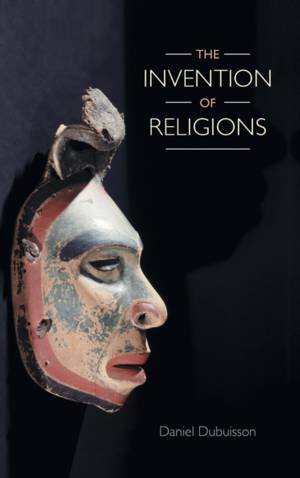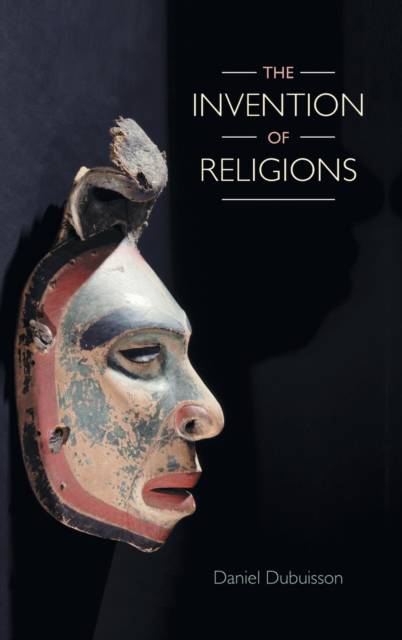
Je cadeautjes zeker op tijd in huis hebben voor de feestdagen? Kom langs in onze winkels en vind het perfecte geschenk!
- Afhalen na 1 uur in een winkel met voorraad
- Gratis thuislevering in België vanaf € 30
- Ruim aanbod met 7 miljoen producten
Je cadeautjes zeker op tijd in huis hebben voor de feestdagen? Kom langs in onze winkels en vind het perfecte geschenk!
- Afhalen na 1 uur in een winkel met voorraad
- Gratis thuislevering in België vanaf € 30
- Ruim aanbod met 7 miljoen producten
Zoeken
Omschrijving
For nearly thirty years, a scientific revolution has taken place in the religious studies departments of several North American and British universities--and the results are considerable, obliging us to envisage new ways of conceiving of this academic field. While the History of Religions tended to rest in the shade and guardianship of past authorities, this critical current has re-examined the discipline's a priori positions, its favourite arguments, its long prehistory within Euro/Christian culture, but also its numerous ethnocentric prejudices. The first part of the volume considers anew the origins and Christian history of the notion of religion. This starting point then allows us to identify dead ends and contradictions within the traditional History of Religions approach. The second part is dedicated to the synthetic presentation of the concepts, methods, and controversies, which distinguish this current. Following this are two related contributions devoted to two major case studies: "Colonialism and Cultural Imperialism" and "The Invention of Hinduism and Shintoism". Finally, in the third and last part of the book, this trend itself is critically examined. The author identifies some of the paradoxes, gaps, and aporias that this approach has already gathered during its short existence.
Specificaties
Betrokkenen
- Auteur(s):
- Uitgeverij:
Inhoud
- Aantal bladzijden:
- 210
- Taal:
- Engels
Eigenschappen
- Productcode (EAN):
- 9781781798126
- Verschijningsdatum:
- 1/10/2019
- Uitvoering:
- Hardcover
- Formaat:
- Genaaid
- Afmetingen:
- 156 mm x 234 mm
- Gewicht:
- 471 g

Alleen bij Standaard Boekhandel
+ 322 punten op je klantenkaart van Standaard Boekhandel
Beoordelingen
We publiceren alleen reviews die voldoen aan de voorwaarden voor reviews. Bekijk onze voorwaarden voor reviews.









